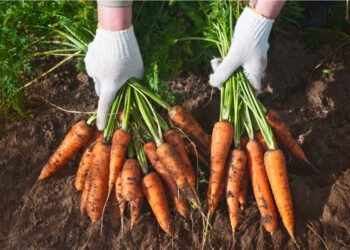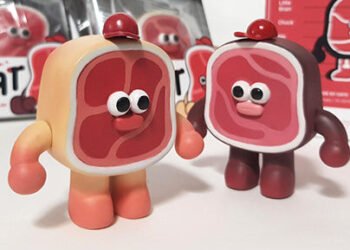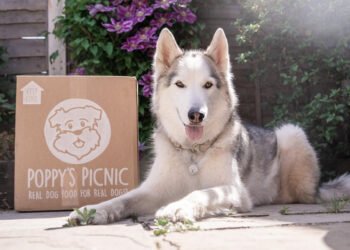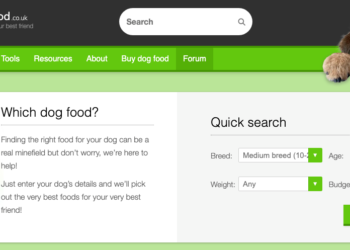[ad_1]
There are many foods dogs can eat. All of these are best given in moderation, in order to regulate calorie intake (i.e. avoid overfeeding) and also because some of them actually might cause issues if the dog eats too much. Think of them as a tiny, occasional treat and it should be fine.
So, can dogs eat ginger? Yes, dogs can eat ginger in small quantities –- in fact it’s a great anti-inflammatory and very good for gut health. Knowing what foods are safe for dogs and which are not can be a bit of a minefield. Here is an easy guide.
There are many foods dogs can eat. All of these are best given in moderation, in order to regulate calorie intake (i.e. avoid overfeeding) and also because some of them actually might cause issues if the dog eats too much. Think of them as a tiny, occasional treat and it should be fine.
What kind of human foods can dogs eat?
Foods dogs can eat:
- Apples
- Blueberries
- Bread
- Carrots
- Cashews (not all nuts are bad for them, but always check first)
- Cheese
- Coconut
- Cucumber
- Eggs
- Garlic (only tiny quantities. Avoid with pregnant dogs and certain breeds –- check first)
- Honey
- Mushrooms (only ones you buy in the shops –- not ones in the woods as they may be toxic)
- Peanuts/peanut butter
- Pineapple
- Salt
- Strawberries
- Sweet corn
- Tinned fish in oil or springwater (not brine as it contains salt)
- Tomatoes
- Watermelon
NOTE: your dog may have an intolerance to a particular food. If you feel they potentially have an intolerance, check with your vet. Also be mindful that vomiting and diarrhea may also be the sign of an underlying health condition so your vet should be informed.
Food dogs can’t eat
There are a number of other foods that dogs should never eat, some of them being extremely dangerous. If you think your dog has eaten any of these foods then contact your vet immediately. As dogs will often eat anything they find, keep these foods well out of reach and be particularly vigilant at Christmas when humans eat lots of things on this list.
Food dogs should not eat:
- Alcohol
- Almonds
- Avocado
- Cherries
- Chocolate
- Cinnamon
- Coffee/caffeine
- Grapes
- Lemons & limes
- Macadamia nuts
- Nutmeg
- Onions
- Raisins
- Sultanas
- Tea
There are some myths around feeding dogs a raw diet. Many people would have you believe that feeding raw meat to a dog is unsafe due to the presence of bacteria. There are a lot of things wrong with this myth. Firstly, if you buy your raw food from a reputable commercial manufacturer of raw food, then they have to adhere to strict guidelines on suppliers and production set out and regulated by DEFRA. So the potential for food poisoning from bacteria in the meat is absolutely minimal. Every batch has to be tested by an independent laboratory and if they do find unacceptable levels of bacteria they have to alert DEFRA and the company would have to do a product recall. It’s about ‘unacceptable’ levels as all meat has bacteria on it and so there’s no such thing as 100% bacteria- free fresh food.
Secondly, dogs have a higher stomach acid level than we do and a much shorter digestive system. Plus they have an enzyme in their mouths that destroys bacteria. As and when (not if) they eat something dodgy –- think how much they pick up on walks and the gross things they will eat –- it simplyit’s simply does not cause them the same issue it would in us delicate humans.
Also now consider the fact that all dogs, canines, are carnivores. They have a set of teeth designed to eat other animals. They have evolved to eat meat. Yes, they will eat pretty much anything you put in front of them (which means they can live as omnivores, unlike cats who have to eat meat to survive) but their bodies are built to catch and consume meat. So of course it’s safe for them to eat it. It’s exactly what nature intended. Take a look at our adult raw dog food range.
[ad_2]
Louise Mackintosh
2022-05-09 09:24:02
Source :https://poppyspicnic.co.uk/blogs/raw-pet-food/can-dogs-eat-ginger

















